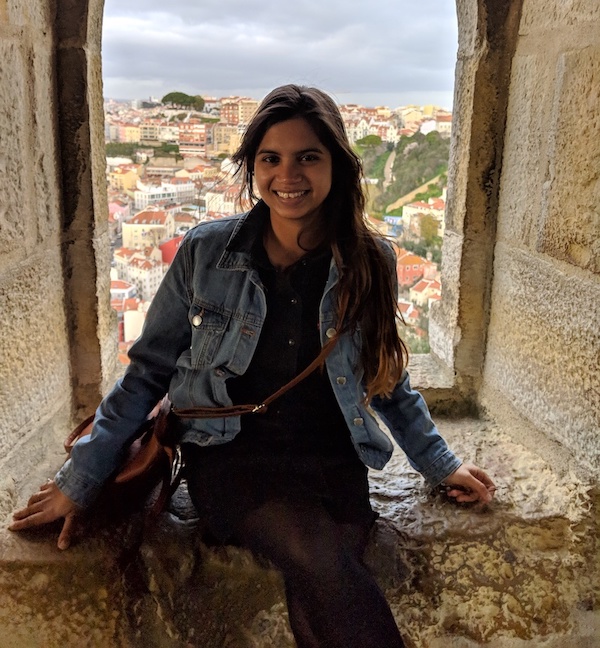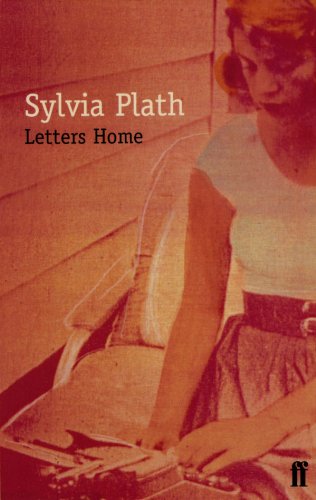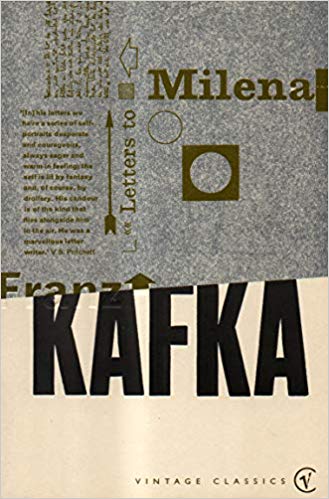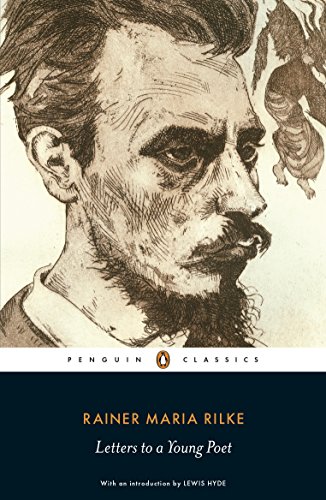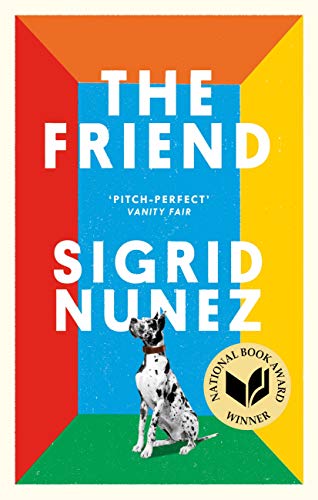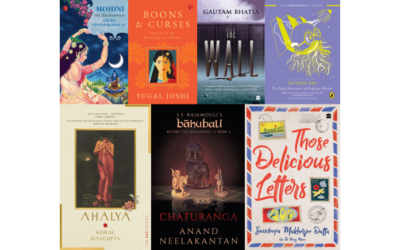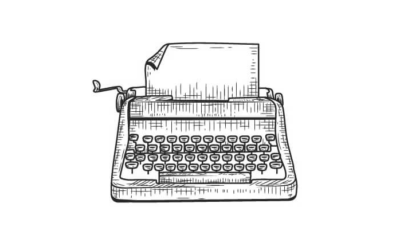Essay
Why You Should Read Letters Written By Authors
‘Life would split asunder without letters.’
– Jacob’s Room, Virginia Woolf
As an ardent young writer, I loved the part of English exams that demanded writing letters to an editor the most. I would routinely exceed the word limit and ignore the clock, failing to check myself. I could never get into the habit of journaling though, finding the salutation ‘Dear diary’ quite ridiculous. The idea of writing to an inanimate object, when there were plenty of people who needed to be spoken to, never quite sat well with me.
And so, I continued to write letters as I grew older – to distant pen pals, to friends on their birthdays, and ultimately, but grudgingly, moved to email when my peers refused to indulge in ‘snail mail’. I would draft long messages, meticulously, that people took to responding ‘inline’. That humiliation was enough to abandon the expectation of receiving a well-written letter as a response.
Having failed to consistently receive letters addressed to me, I was drawn to reading collections of letters written by other people. I think one’s relationship to reading evolves over time and I found my focus of interest shifting to the author rather than just his or her creation. This amateur interest that started partly as a curiosity about the internal turmoils of a writer’s life (the kind of life I aspired to have), and partly as an effort to understand the writing process, has since turned into an idiosyncratic taste, almost a compulsive reading habit.
I think when you’re young, reading a letter, especially one by a writer you’ve always admired, invokes feelings of kinship. It is consoling to learn of the doubts and fears of these geniuses, which are often not unlike your own. Letters Home is a collection of Sylvia Plath’s letters to her mother. To read the ones from her early years of college, squealing over a cute boy, her exuberance clearly reflected, is pleasing. It almost feels like listening to a giggling friend who is bright, ambitious and full of life. Some of her letters are like stories, making reading about even the most mundane acts of life charming.
“He is a freshman at Amherst this year, tall, cute and—get this—HE WRITES POETRY. I just sat there burbling inarticulately into my coffee… The hope, even, of getting to know a sensitive guy who isn’t a roughneck makes the whole world swim in pink mist.”
“I really do think he’s the most stimulating boy I’ve ever known, and I don’t care much about anybody else anyway. I suppose I might be conservative and say that I adore him and worship his intellect and keen perceptions in almost every field.”
Every writer has a strong, personal voice that is reflected in their correspondence – some are more literary in their letter-prose, almost as if they were intent on impressing the reader with their style, while others are more practical, and some bare all. In any case, reading these letters opened up a world of writers in their most revelatory moments, revealing the face behind the mask.
I could say my appetite for reading such letters is somewhat unruly. I find something relentlessly alluring about these pieces of paper that were never addressed to me, but where my hypothetical role as the addressee is always changing. The experience of reading these letters as a mother, a friend, a critic, a student or sometimes even a lover is thrilling in its prospect. And perhaps this appetite is never more voyeuristic than when reading love letters, Franz Kafka’s Letters To Milena, for example.
Kakfa, whose work introduced me to the concept of absurdism, whose subject matter in his stories was always dark, revealed himself to be a tender lover in his letters. They described his tumultuous relationship with Milena, and often his anguish and helplessness at the distance that separated them.
“You are the knife I turn inside myself; that is love. That, my dear, is love.”
His frankness seems so relatable, and echoes my thoughts exactly on certain winter days:
“It is a little gloomy in Prague, I haven’t received any letters and my heart is a little heavy.”
In academic circles, the purpose of studying letters is often to construct a portrait of noted writers, an attempt to demystify their persona. And also to put their writings in perspective, to criticize their work even. To me, however, it remains a gesture of solidarity – the words that never fail to stir waves in my heart provide proof of the existence of a kindred spirit, although removed in time.
My most favourite collection of all, and one that I keep coming back to, is Letters To A Young Poet by Rainer Maria Rilke. These are ten letters written by Rilke to a 19-year-old student. Rilke was himself only 27 when he wrote these letters, but they are profound in their wisdom. Reading his letters is like a balm to a writer’s soul. His advice on life, the craft, and navigating the lonely path is timeless.
“Rescue yourself from these general themes and write about what your everyday life offers you; describe your sorrows and desires, the thoughts that pass through your mind and your belief in some kind of beauty. Describe all these with heartfelt, silent, humble sincerity.”
“Being an artist means: not numbering and counting, but ripening like a tree, which does not force its sap, and stands confidently in the storms of spring, not afraid that afterword summer may not come.”
These letters are so widely read by aspiring writers that they are even mentioned in The Friend by Sigrid Nunez. The book’s narrator is an author, and she captures best the joy of reading Rilke’s thoughts:
“I have read Rilke’s advice so often I know it by heart. When I read the letters for the first time – at around the same age as Rilke when he wrote them – I felt that they had been written as much to me as to their addressee, that all this wonderful advice was meant for any person who wished to become a writer.”
For me, letters have always been the best form of expression, of putting my thoughts out into the realm of words. The knowledge of being read by even one person feels like being read by the whole world. And thus I shall continue my arduous journey of reading and writing letters – perhaps because I have an undying, indispensable belief in this dying art. Perhaps because I believe the most intimate relationship one can have is between the self and a blank sheet of paper, where one is free to paint in wide or narrow strokes, in whatever shades and shapes of thoughts; where one can be articulate in a way that spoken words don’t allow. And also because the act itself is deliberate, the words nurtured before they are let out on paper – yet sometimes unrestrained. And that is the deepest commitment I can demonstrate to another person.


